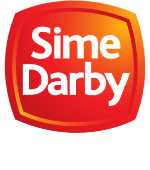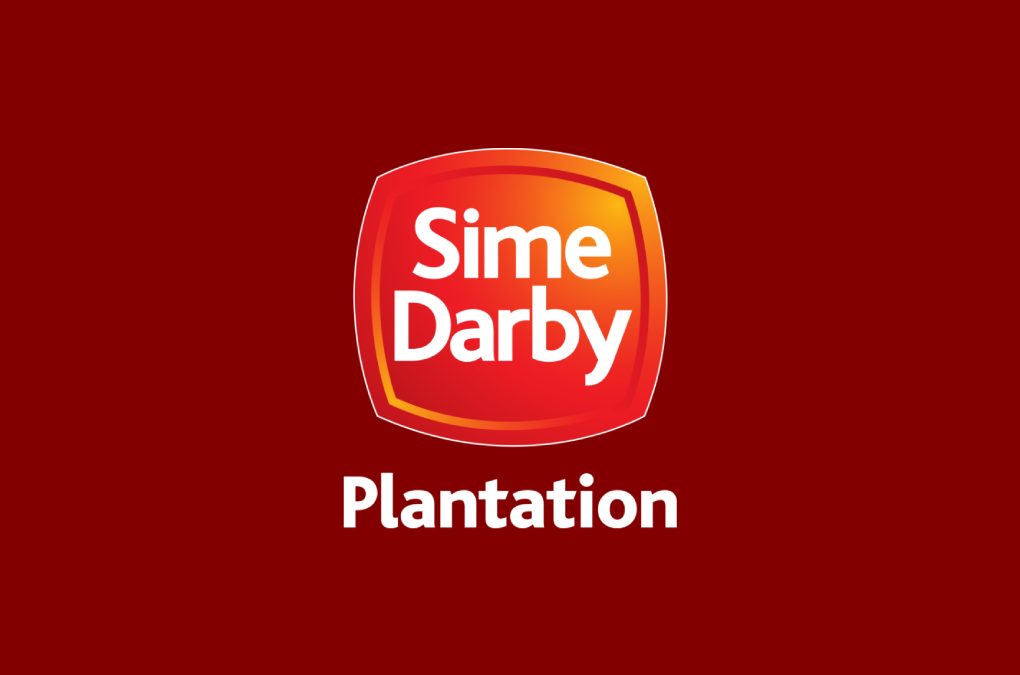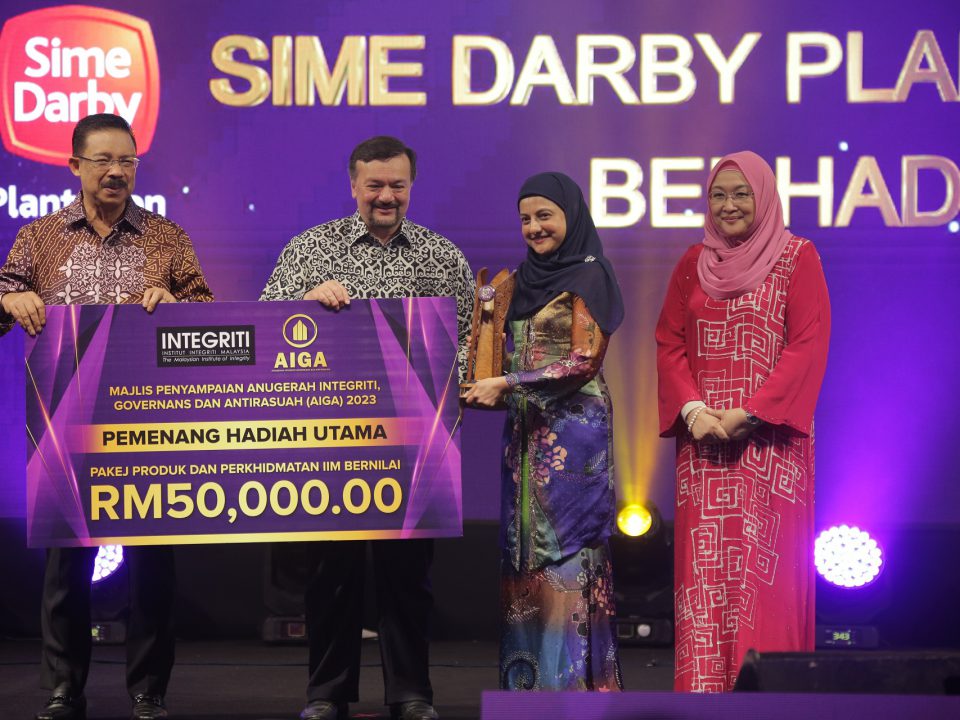Sime Darby Plantation Launches Hotspot Dashboard


Sime Darby Plantation Launches Hotspot Dashboard
Kuala Lumpur, 6 October 2015 - Sime Darby Plantation (SDP), the world’s biggest producer of sustainable palm oil, has launched a hotspot monitoring dashboard in the interest of transparency and to provide insights that could lead to long-term solutions to the recurring haze situation.
The dashboard, available on its website at www.simedarby.com, will show the incidences of hotspots detected in the region by the company’s monitoring system using satellite data. It will also indicate the actions taken by the respective estates to extinguish fires.
“We believe that it is important to be transparent about this recurring industry issue so that all relevant stakeholders can start discussing long term solutions. SDP is open to sharing its initiatives with other stakeholders,” said Datuk Franki Anthony Dass, Managing Director of SDP.
So far this year, SDP has detected 17 hotspots and out of that, 14 fires. Six of them were found to be outside its concession area and the remaining were in community areas inside the company’s concession area.
The dashboard is based on the company’s real-time monitoring system, which is managed in Kuala Lumpur and Jakarta. Alerts are immediately communicated to estates which will then verify if there is indeed a fire. If a fire is detected, the estate will put it out immediately. The system complements the response measures on the ground such as observation towers and regular patrols.
The company has also been engaging communities in partnership with local authorities and academic institutions to better understand the drivers of traditional farming methods, which typically involves slashing and burning, and to raise the awareness of sustainable farming practices.
An existing project with the University of Riau found that while villagers are aware of the dangers and implications of fire, burning land for clearing has been practised and considered by communities to be the most efficient way to clear land.
Based on these insights, SDP’s operating company PT Bhumireksa Nusa Sejati and the university have been training the local communities in sustainable farming practices and educating them on the benefits of zero burning. As a result, the number of hotspots in the community area has fallen to just three from 40 previously.
“We are encouraged and excited by the results of this engagement and we hope to do more in the future. The hotspot dashboard is another initiative that we are proud of and it is an important milestone in the sustainability journey of SDP,” said Datuk Franki.
SDP pioneered the zero burning replanting technique in 1985 and it is now recognised as an industry standard. This led to the company winning an award from the United Nations in 1992 for its environmental achievements.


